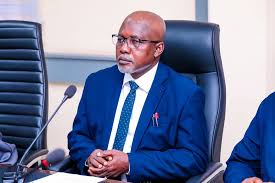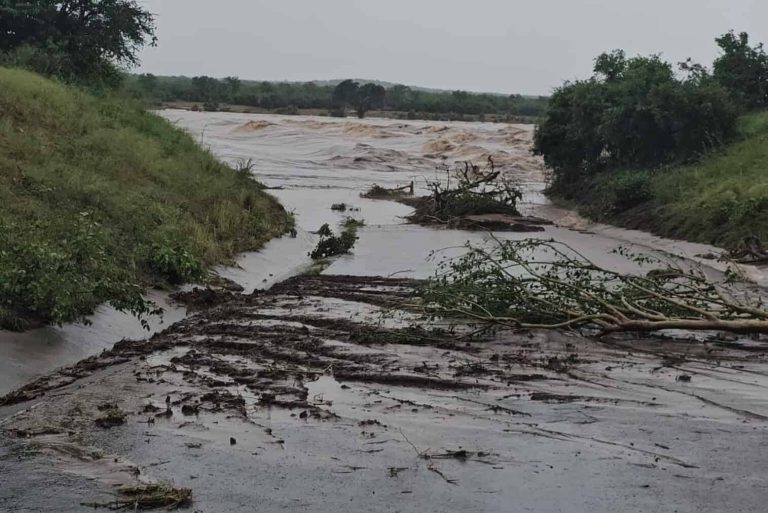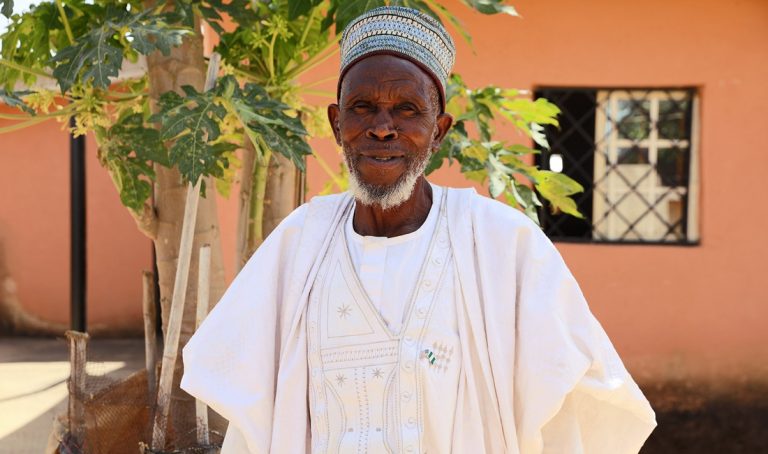
The Federal Government has announced a ₦6.3 billion interest-free loan package for 21,000 Nigerians affected by recent flood disasters across the country.
Minister of State for Humanitarian Affairs and Poverty Reduction, Yusuf Sununu, made this known on Monday during a roundtable event in Abuja held to mark the 2025 International Day for Disaster Risk Reduction.
The event was attended by Vice President Kashim Shettima, Deputy Speaker of the House of Representatives Benjamin Kalu, Zamfara State Governor Dauda Lawal, lawmakers, and representatives of international development partners.
Dr. Sununu said the loan initiative is part of government efforts to cushion the impact of flooding on citizens and reduce its ripple effect on food production and national food security.
“We are planning, in collaboration with both national and state governments, to provide 21,000 Nigerians with interest-free and collateral-free loans of ₦300,000 each in the coming weeks,” he said.
“This will help affected farmers recover and sustain agricultural productivity despite the recurrent flood challenges.”
The minister added that the initiative aligns with the Hope Agenda of President Bola Ahmed Tinubu’s administration, which prioritizes poverty reduction and community resilience.
Speaking on broader social protection measures, Sununu disclosed that the ministry has already reached 8.1 million households nationwide with more than ₦300 billion through the Conditional Cash Transfer (CCT) scheme.
“Under the National Social Investment Agency, we have successfully improved the resilience of local communities. These transfers have enhanced household income, health, and education, and the process is ongoing,” he said.
Sununu further revealed that the ministry, in partnership with the Federal Ministry of Agriculture, is developing a program to support internally displaced persons (IDPs) through agricultural empowerment and structured market access.
“Under this model, IDPs will receive 30% of farm produce generated from their participation, while the government will off-take the remaining 70% and pay the participants in cash,” he explained.
According to the minister, the approach aims to promote self-reliance among displaced communities and improve food availability across host regions.
Earlier in her remarks, the Director General of the National Emergency Management Agency (NEMA), Zubaida Umar, highlighted the growing frequency and intensity of disasters in Nigeria, driven by climate change, conflicts, and other complex emergencies.
She stressed the need for a proactive, well-financed, and risk-informed disaster management strategy, moving away from the traditional reactive response approach.
“This roundtable also marks the official launch of two landmark frameworks, the NEMA Strategic Plan (2025–2029) and the National Disaster Risk Reduction Strategy (2025–2030),” Umar announced.
“These documents emphasize risk-informed development, innovation in financing, and stronger institutional collaboration across sectors.”
She also revealed that NEMA is collaborating with stakeholders to establish a National Risk Monitoring and Information Platform, which will serve as a hub for early warning, vulnerability mapping, and risk-informed investment planning.
The agency, she added, is exploring innovative financing tools such as catastrophe bonds, insurance pools, climate funds, and blended finance models to sustainably support disaster risk reduction.



